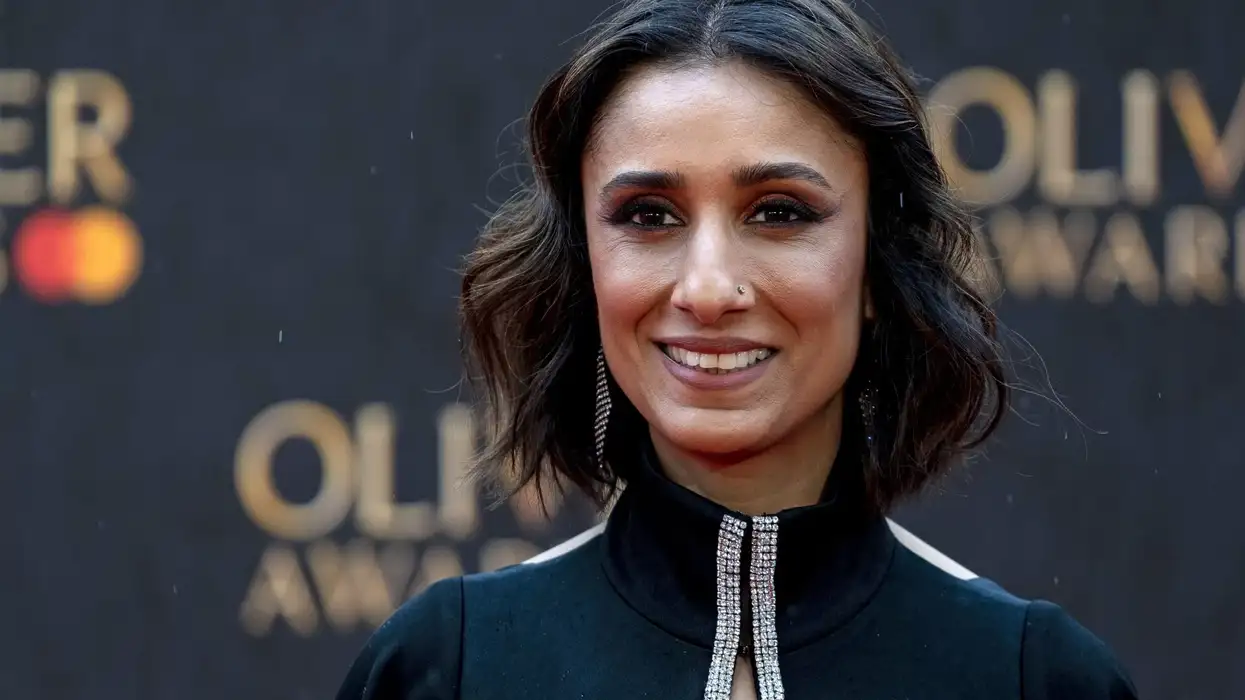RADIO and TV presenter Anita Rani feels that she would have made it to the final of Strictly Come Dancing if she “didn't have a brown face”, recent media reports claimed.
Speaking to Radio Times, Rani has admitted there have been many times in her career where she thinks things wouldn't have played out how they did if she was white.
“I still find myself wondering whether I would have got into the final if I didn't have a brown face,” the 43-year-old TV celeb said.
“There are various points in my career where I wonder what would have happened if I was blonde-haired and blue-eyed, and sometimes I don't think things would have played out the same way if I was white. I've put that Strictly question into my book to leave people pondering, because I'm just not sure,” Rani said.
Rani has addressed this and many other racism issues she faced while growing up as a brown girl in the UK and also in the TV industry in her new memoir The Right Sort Of Girl.
She further added that she gets “fuelled” by how women and particularly women of colour are “told not to be angry” and how when they raise any issue about injustice, it is “flipped” to show that they are the problem.
Claiming to have worked with all major channels in the UK, Rani said that this is an “industry-wide” problem.
The Countryfile presenter competed in the BBC celebrity dancing show in 2015 paired with professional dancer Gleb Savchenko and was eliminated in the semi-final following a dance-off with Katie Derham, sparking outrage among her fans on social media.
Rani revealed that she still feels excited to see someone Asian on the telly.
"I still rush excitedly over to the telly if there’s someone Asian on it. And that’s why seeing a brown lass doing all right on Strictly meant such a lot to Asian people,” she said.
“It’s a national institution, and you don’t see many brown faces on it, certainly not many that do well.”
A popular and well-known face on TV shows, Rani was born and brought up in Bradford, West Yorkshire to a Hindu father and a Sikh mother.




